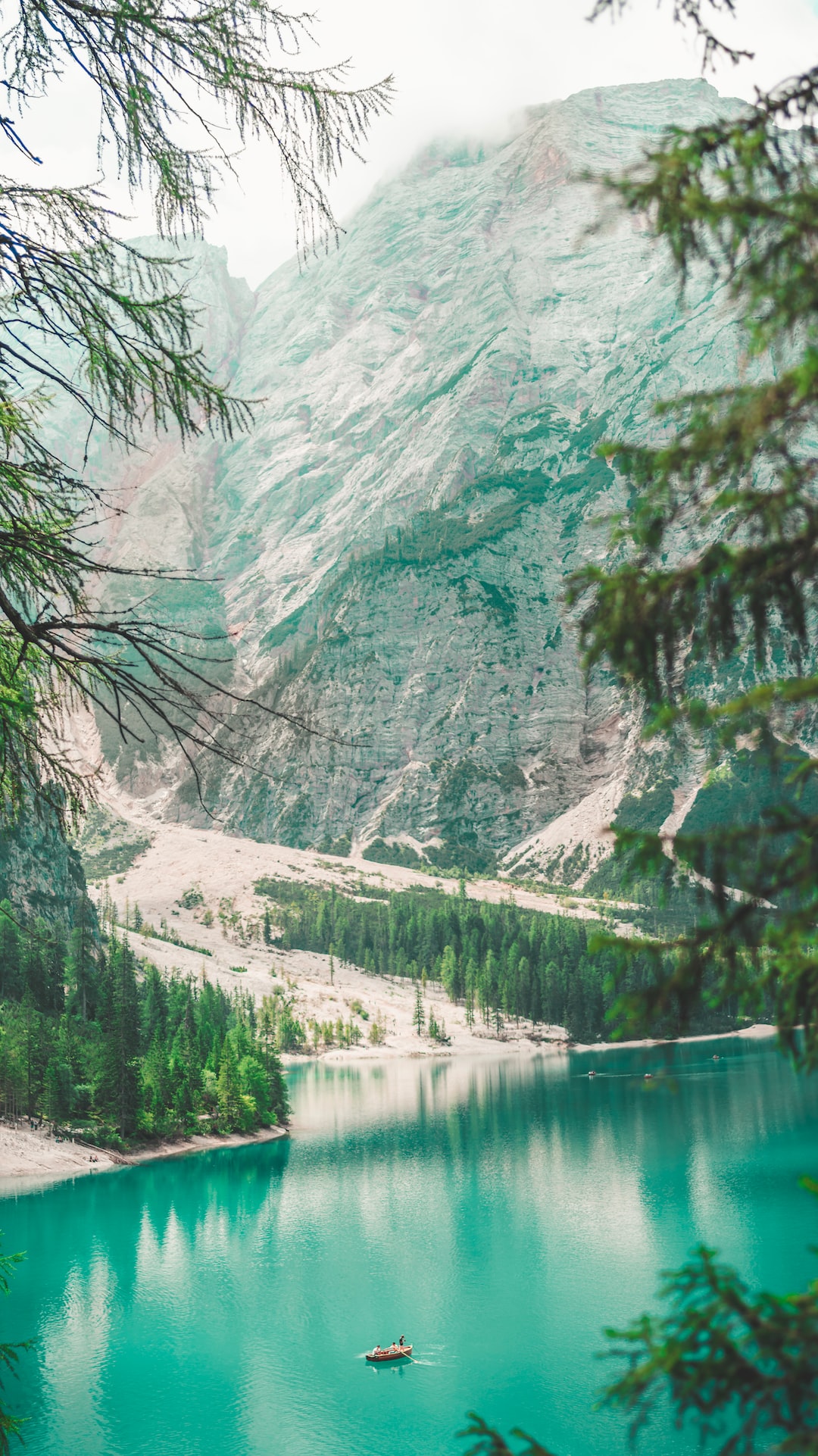Wilderness Survival Guide: Essential Skills for Outdoor Enthusiasts
For those who love exploring nature and embarking on outdoor adventures, having a solid understanding of wilderness survival skills is crucial. While such skills may seem unnecessary in our modern world, they can be life-saving in unpredictable situations. Whether you are an experienced hiker, camper, or even someone who occasionally enjoys outdoor activities, this wilderness survival guide will provide essential skills to ensure your safety and survival in the great outdoors.
1. Navigation:
Being able to navigate through unfamiliar terrain is a fundamental skill for any outdoor enthusiast. Carry a compass and learn how to use it effectively. Understand basic map reading and orienteering techniques. Familiarize yourself with landmarks and natural signs that can guide you along the way. Knowing how to navigate without modern technology will greatly enhance your chances of reaching your destination or finding your way back to civilization.
2. Shelter Building:
In some situations, you may find yourself without a tent or a safe place to rest. Knowing how to construct basic shelters using natural materials, such as branches, leaves, and rocks, can protect you from harsh weather conditions, keep you warm, and shield you from potential dangers. Learn various shelter-building techniques to adapt to different environments and weather conditions.
3. Fire Starting:
Fire is not only a source of warmth, but it can also provide a means of cooking food and purifying water. Master different fire-starting methods, including using a ferro rod, fire piston, or even primitive techniques like the bow drill. Ensure you have knowledge of the best firewood and the right way to arrange it to build a long-lasting fire. Remember to prioritize fire safety and ensure the fire is completely extinguished before leaving it unattended.
4. Water Procurement and Purification:
Water is a vital resource for survival, and it’s important to understand how to find, procure, and purify water in the wild. Learn to identify potential water sources such as rivers, streams, and even dew on plants. Understand different water purification methods including boiling, using purifying tablets, or making a solar still. Always carry a reliable water filter or purification system with you as a backup.
5. Food Gathering and Foraging:
While it’s preferable to carry sufficient food supplies for your outdoor trips, circumstances may force you to rely on gathering food from the natural environment. Familiarize yourself with edible plants, nuts, berries, and mushrooms specific to your region. Learn how to fish, trap small game, or gather insects as alternative sources of protein. However, exercise caution and only consume foods you are certain are safe and non-toxic.
6. First Aid:
Accidents and minor injuries can happen in the wilderness. Having basic first aid knowledge and a well-equipped first aid kit can be crucial. Learn how to treat wounds, manage fractures, deal with burns, administer CPR, and handle common medical conditions that may arise during outdoor activities. It’s also a good idea to take a wilderness first aid course to enhance your skills and confidence.
7. Survival Psychology:
Wilderness survival is not only physically demanding but can also be mentally challenging. Developing strong survival psychology is important to stay level-headed during stressful situations. Learn to manage fear, remain calm, and make rational decisions. Build mental resilience and develop a positive mindset. Cultivate adaptability and creativity to overcome unexpected obstacles.
In conclusion, wilderness survival skills are essential for outdoor enthusiasts who venture into the great unknown. By mastering navigation, shelter building, fire starting, water procurement, food gathering, first aid, and survival psychology, you equip yourself with the necessary tools to handle unexpected situations. Remember, being prepared not only ensures your safety but also allows you to fully enjoy the wonders of nature while minimizing any potential risks. Stay curious, stay prepared, and keep exploring the great wilderness!
